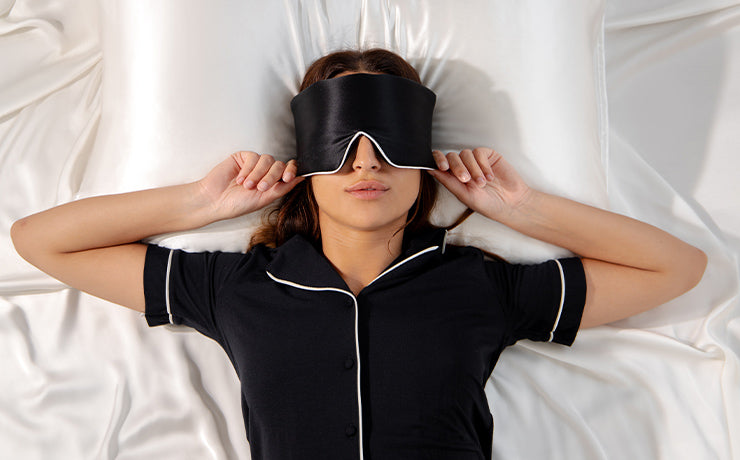How much sleep do we really need?
Have you ever pondered over whether you're getting just the right amount of shut-eye? With a significant portion of our lives spent in slumber, understanding the importance of optimal sleep duration is crucial. But how do we determine if we're hitting the mark, and what happens when we veer off course? Surprisingly, there's a delicate balance to strike, and both too little and too much sleep can have tangible effects on our well-being.
While keeping tabs on your sleep might not be at the forefront of your mind, the duration of your nightly rest can impact various aspects of your life, from your mood to your weight and cognitive abilities. Yet, with fluctuating bedtime routines influenced by evening engagements, television schedules, or sheer fatigue, it's no wonder that half of us fall short of the recommended sleep quota.
Thankfully, managing your sleep cycle can be straightforward and immensely beneficial. While individual sleep needs vary, starting with age-based guidelines can provide a helpful framework. These recommendations, derived from extensive research, offer insights into the optimal amount of sleep needed for different age groups, serving as a valuable starting point in achieving overall health and well-being.
Sleep Duration Recommendations:
- Infants (0-3 months): 14-17 hours
- Babies (4-11 months): 12-16 hours
- Toddlers (1-2 years): 11-14 hours
- Preschoolers (3-5 years): 10-13 hours
- School-age Children (6-12 years): 9-12 hours
- Teenagers (13-18 years): 8-10 hours
- Adults (18-64 years): 7-9 hours
- Seniors (65+ years): 7-8 hours
The key here is to remember that these are averages and some individuals may require the full 9 hours of sleep to feel well-rested, while others in the same age group may find that 7 hours is sufficient. When determining what works best for you, the crucial question to ask is how you feel with various amounts of sleep. To gauge this, consider the following:
- Do you feel refreshed after the recommended number of hours, or do you still feel fatigued?
- Do you experience daytime grogginess?
- Are you relying heavily on caffeine to stay alert?
- If sharing your bed with someone, do they exhibit any of these sleep-related issues?
Your parents weren't joking when they emphasized the importance of a good night's sleep during your childhood. If you're concerned about getting too little or too much sleep, following the simple steps outlined above can help you recalibrate your sleep pattern and discover your optimal sleep duration.
For ongoing sleep challenges, seeking medical advice is always recommended.
1Source: ‘Why lack of sleep is bad for your health,’ NHS UK, 30/05/2018
2Source: ‘How much sleep do we really need?’ Havard Health Publishing, 08/2019
3Source: ‘How Much Sleep Do I Need?’ Centers of Disease Control and Prevention, 02/03/2017






